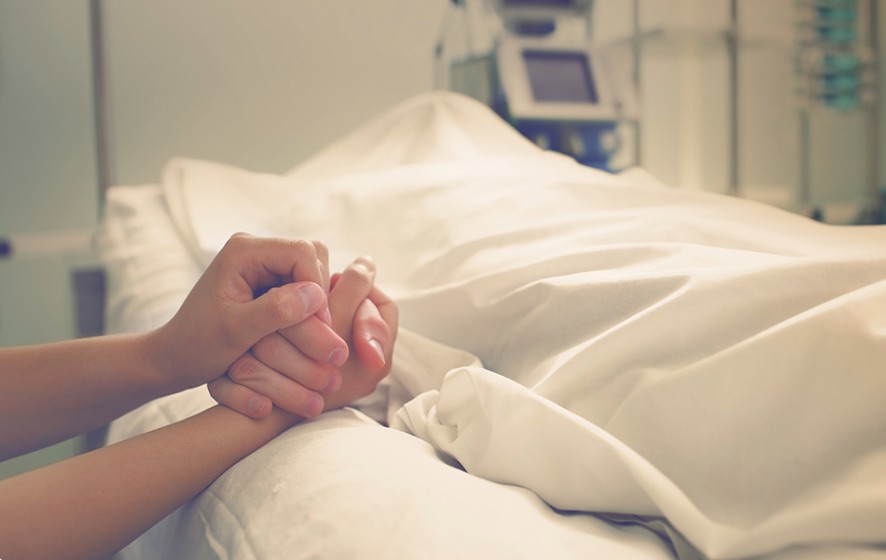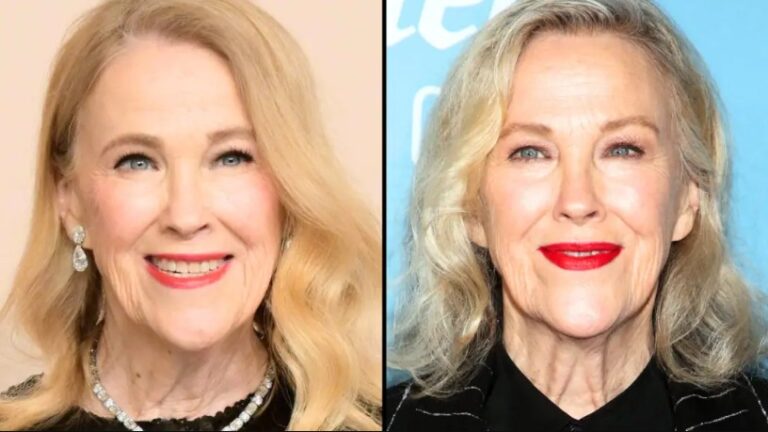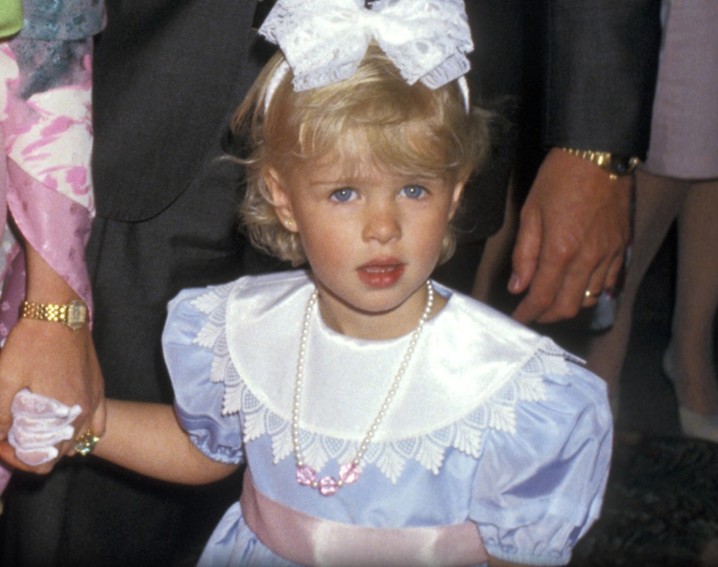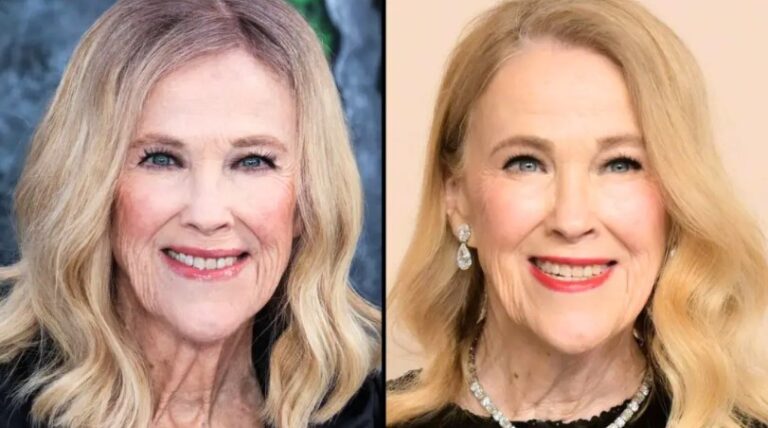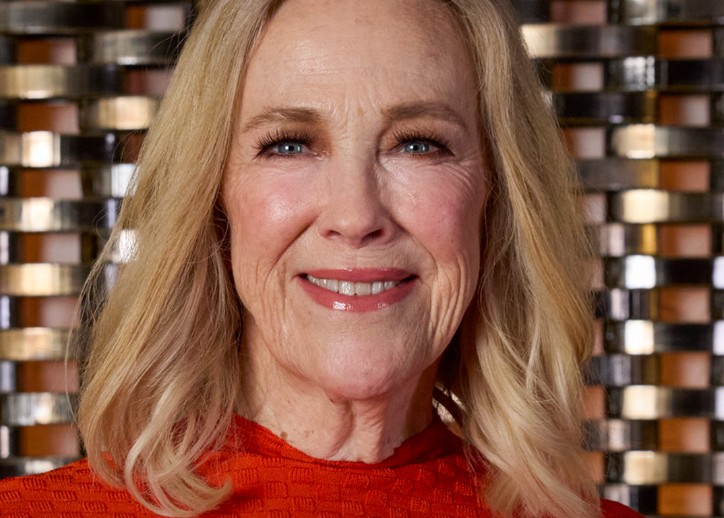A TikTok video by Dr. Viktor Ivanovik is scaring people about funeral practices by warning them never to kiss a dead person. According to his viral post, dangerous bacteria start growing nine hours after death and could cause loss of smell, with nearly 300,000 followers now watching his medical advice. So is there any truth to his warning? Medical experts disagree.
The Viral Warning and Questions About Verification
Dr. Viktor Ivanovik’s TikTok warning is straightforward when he declares, “Never kiss a dead person!” He explains that bacteria released after nine hours can cause potential loss of smell and other health problems, presenting this as medical advice that families should follow.
When this advice went viral, fact-checkers investigated Dr. Ivanovik’s credentials by searching medical registries and scientific databases, but found nothing. Verifying doctors’ credentials on social media can be challenging since different countries maintain records in various ways. However, the lack of any verifiable background raises concerns about someone dispensing medical advice to hundreds of thousands of followers.
This situation shows why families should confirm viral medical claims with established medical institutions and peer-reviewed research before making important decisions about their loved ones. As the warning spread across social media platforms, different videos have emerged explaining the medical reasoning behind these concerns and suggesting safer alternatives for saying goodbye.
So What Do Major Health Organizations Say?
Several major health organizations suggest the risk may be lower than the viral video claims. Dr. Michael Osterholm, an infectious disease expert at the University of Minnesota, explains the reality by noting that “once someone dies, dangerous germs don’t survive well in the body, so there’s really no measurable risk of catching anything from that body.”
The World Health Organization agrees with this assessment. Their disaster response guidelines state clearly that “contrary to popular belief, dead bodies don’t cause disease outbreaks after disasters since most germs don’t survive long in bodies after death.”
The International Society for Infectious Diseases explains this phenomenon by noting that living people with infections pose much greater risks than dead people, even those who died from infectious diseases. When someone’s alive, germs can multiply and spread easily, but once they die, most germs stop multiplying and die quickly.
But There Are Important Exceptions
While most health organizations downplay general risks, some medical conditions do create legitimate concerns. The Centers for Disease Control identifies several important exceptions that require special precautions. One rare brain disease called Creutzfeldt-Jakob Disease (or CJD) does require special handling. If someone died from CJD and underwent an autopsy, the CDC warns that family members should avoid touching or kissing a dead person.
Deadly diseases like Ebola and Marburg also require special handling by trained medical personnel with full protective equipment, since these conditions remain dangerous even after death. COVID-19 introduced new protocols as well. The World Health Organization allows families to view bodies after burial preparation and follow religious customs, but recommends avoiding direct contact and washing hands thoroughly with soap and water afterward.
The Pan American Health Organization notes that HIV can remain active in dead bodies stored at cold temperatures for six to fifteen days. However, risk levels vary based on cause of death and specific circumstances.
What Happened to One Woman Who Kissed a Dead Person
A case documented by medical professionals at University Hospitals in Cleveland shows there’s more to consider. A 48-year-old woman kissed her boyfriend’s body at his funeral and later developed a severe skin reaction. Medical tests showed she had an allergic reaction to formaldehyde, the chemical used to preserve bodies. The funeral home had used too much of it for someone with her sensitivity.
The woman’s reaction came from preservation chemicals rather than infectious agents. This adds another consideration when evaluating the safety of physical contact with prepared bodies.
The Professional Consensus
Medical experts suggest taking basic precautions when handling bodies, such as wearing disposable gloves, washing hands thoroughly afterward, and keeping work areas clean.
The World Health Organization guidance suggests that viewing bodies is generally acceptable, though direct contact warrants caution. Most organizations recommend evaluating each situation based on cause of death, preparation methods, and individual health factors rather than following blanket prohibitions.

